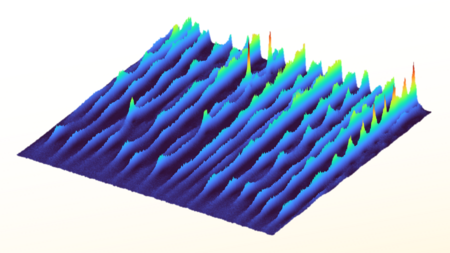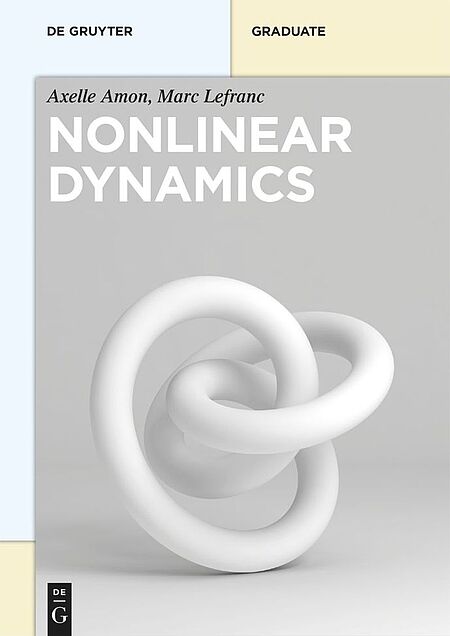DYSCO
The "DYnamiques des Systèmes COmplexes" (DYSCO) team consists of 19 faculty members, 5 CNRS researchers, 3 engineers, 5 postdoctoral and 16 phd researchers.
DYSCO team's activities are at the forefront of research on complex dynamic systems, encompassing a wide range of fundamental and interdisciplinary investigations, and combining experimental, computational and theoretical tools. Examples of complex systems and behaviors studied by the team include soliton gas, fluids of light, quantum entanglement, relativistic electron bunches, optical turbulence or biochemical signaling.
The DYSCO team is involved in a broad range of regional, national and european projects as well as national, international and industrial collaborations and partnerships. There is also strong connection with the Biophotonics Technical Facilities.




